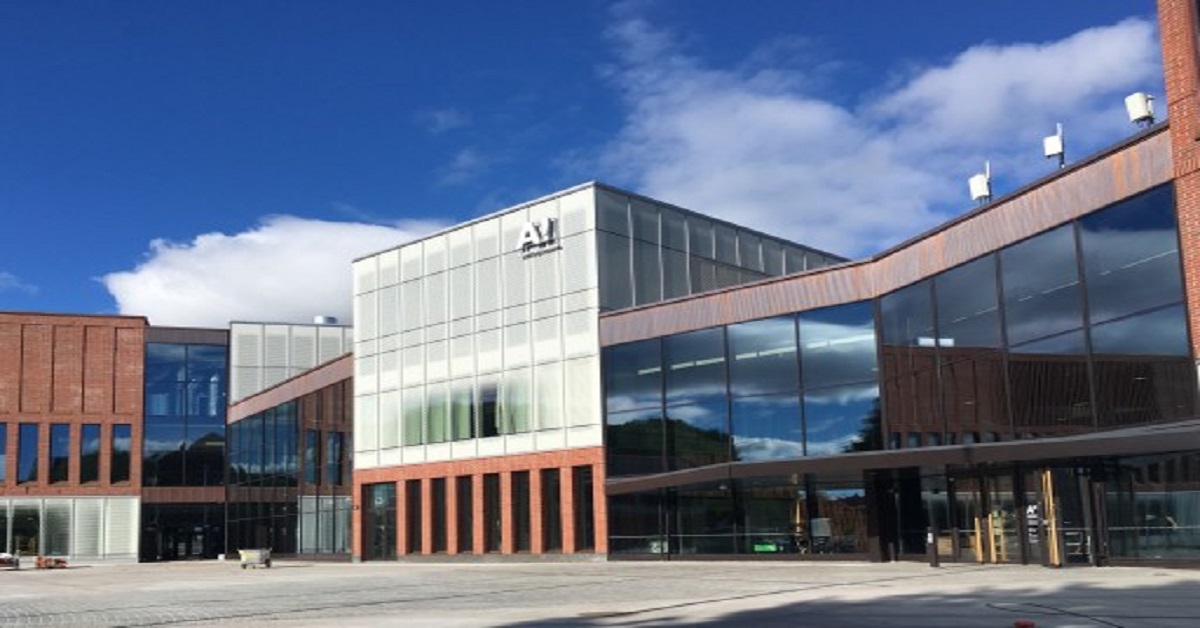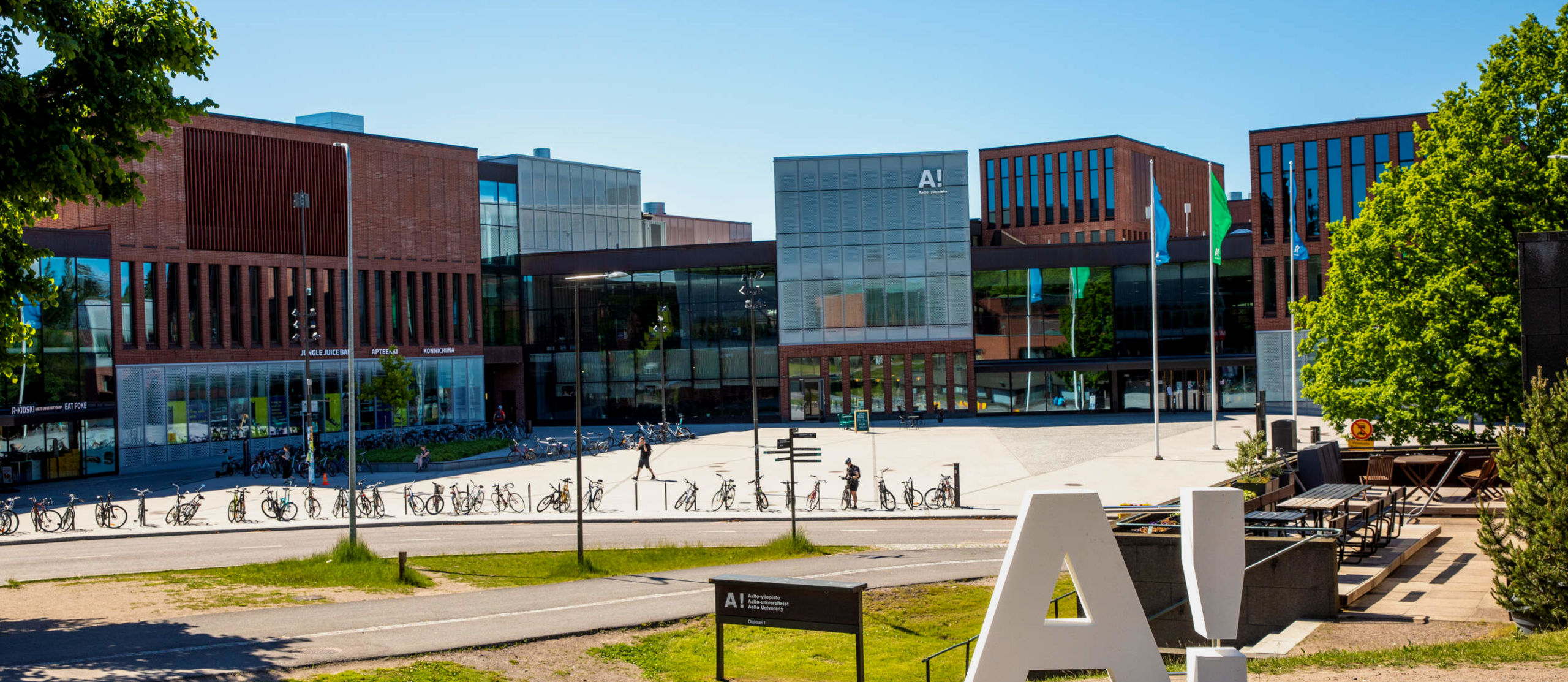The Ernst Ruska Centre for Microscopy and Spectroscopy with Electrons (ER-C) at Forschungszentrum Jülich is one of the world-leading electron microscopy centres with more than 15 electron microscopes. The Structural Biology division of the ER-C investigates the structural and molecular mechanism of membrane biology and pushes the development of cryo-EM related methodology. At the ER-C-3 ( https://www.fz-juelich.de/er-c/er-c-3 ), we use a comprehensive electron microscopy approach to study the biological structures of membrane-associated protein complexes. Our main methods of investigation are single-particle electron cryo-microscopy (cryo-EM) as well electron cryo-tomography (cryo-ET) that we are also developing to advance existing imaging technologies towards high-resolution structural biology.
We are looking to recruit a
PhD Position - Cryo-EM of Sars-CoV-2 Virus-Host Membrane Interactions
Your Job:
As a PhD student you will work on cryo-EM studies of virus-host membrane interactions at the ER-C-3 in the field of Structural Biology at Forschungszentrum Jülich. The ongoing COVID-19 pandemic caused by SARS-CoV-2 has major global impact on human society, economy and daily life. The pathogenesis of SARS-CoV-2 infection remains unclear, but most likely results from both a direct cytopathic effect of the virus and a pathogenic inflammation-dominated immune response. To gain knowledge about the virological and immunological drivers of COVID-19 pathogenesis and the parameters of immune protection, we united experts from 7 Helmholtz Centers in 4 Helmholtz Research Fields (Health, Environment, Information and Aeronautics, Space & Transport) and 3 university partners across Germany, to create an internationally visible and interdisciplinary network called CoViPa, in which the successful candidates will be embedded. Your tasks include:
- Investigate critical virus-host membrane interactions responsible for the cytopathogenic effect of SARS-CoV-2 and other coronaviruses.
- Work on high-resolution cryo-EM structure determination of in situ cellular samples using correlative light and electron microscopy approaches.
- Employ advanced imaging methods, including cryo-EM, correlative light and electron microscopy/tomography (CLEM), live cell imaging and super-resolution microscopy as well as associated image processing.
Your Profile:
- Master`s degree in biochemistry, molecular or cell biology or related field.
- Strong experimental skills in molecular cell biology experiment design including associated data analysis
- Prior knowledge of structural biology and/or light microscopy techniques is of great advantage
- Strong communication skills in English and ability to work in an international and interdisciplinary team.
Our Offer:
We work on the very latest issues that impact our society and are offering you the chance to actively help in shaping the change! We offer ideal conditions for you to complete your doctoral degree:
- The Chance to work at one of the largest research centers in Germany, with excellent scientific equipment and leading European computational resources, located on a green campus, and near the cultural centers Köln, Düsseldorf, and Aachen. The Jülich campus also hosts a vibrant biophysics, bioinformatics and structural biology community.
- Direct access to high-level cryo-EM infrastructure at the Ernst-Ruska Centre. The facility has been extended with state-of-the-art cryo-microscopes and FIB-SEMs of ThermoFisher Titan Krios, Talos Arctica and Aquilos 2.
- Access to outstanding wet-lab laboratories at the host institute and to the partner laboratories of the CoViPa consortium.
- Working in a dynamic team of researchers with backgrounds in different disciplines across biology, chemistry, physics and informatics to advance cryo-EM methods
- A large research campus with green spaces, offering the best possible means for networking with colleagues and pursuing sports alongside work
- Further development of your personal strengths, e.g. through an extensive range of training courses; a structured program of continuing education and networking opportunities specifically for doctoral researchers via JuDocS, the Jülich Center for Doctoral Researchers and Supervisors: https://www.fz-juelich.de/judocs
- Targeted services for international employees, e.g. through our International Advisory Service
The position is initially for a fixed term of 3 years. Pay in line with 75% of pay group 13 of the Collective Agreement for the Public Service (TVöD-Bund) and additionally 60 % of a monthly salary as special payment („Christmas bonus“). Further information on doctoral degrees at Forschungszentrum Jülich including our other locations is available at: https://www.fz-juelich.de/gp/Careers_Docs
Forschungszentrum Jülich promotes equal opportunities and diversity in its employment relations.
We also welcome applications from disabled persons.
We look forward to receiving your application until 12.08.2021 via our
Online-Recruitment-System!
Questions about the vacancy?
Get in touch with us by using our contact form.
Please note that for technical reasons we cannot accept applications via email.




